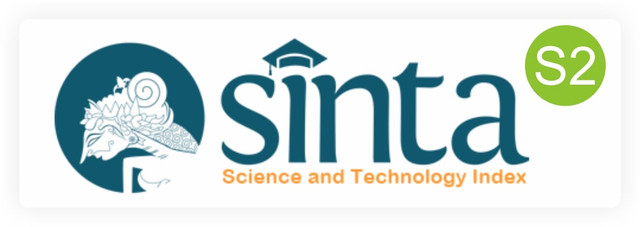Screening of Antiradical Activity From Some Central Sulawesi Mangroves
DOI:
https://doi.org/10.12928/pharmaciana.v8i1.8187Keywords:
mangrove, antiradical, Rhizophora sp., Avicennia sp., Sonneratia sp.Abstract
Antiradicals are substances with important functions for human health. Mangrove leaves are one of potential sources of natural antiradical. The objective of this research was to identify the type and fraction of mangrove leaves extract with the highest antiradical activity. The research procedure included sampling and extraction of mangrove leaves, assay of antiradical activity (DPPH), phytochemical assay and determination of IC50 for the fraction with the highest inhibition percentage. Mangrove leave samples (Rhizophora sp., Avicennia sp. and Sonneratia sp.) used in this study were collected from the Palu Bay coastal. Results showed the highest yield of extracts was from Rhizophora sp., followed by Avicennia sp. and Sonneratia sp. Inhibition percentage was higher from dried compared to fresh mangrove leaves. Additionally, the inhibition percentages of the ethanol fraction was higher than that of the ethyl acetate and n-hexane fractions, while Sonneratia sp. gave a higher inhibition percentage than Avicennia sp. and Rhizophora sp. The ethanol fraction IC50 was determined for Sonneratia sp. (46.05 ± 0.18 µg/mL), Avicennia sp. (88.41 ± 0.29 µg/mL) and Rhizophora sp. (103.95 ± 0.38 µg/mL). Phytochemical assays showed that the three ethanol fractions contained flavonoids, phenols (tannins) and steroids compounds. From the research, it can be concluded that the three leaves of mangrove potential as antiradicals.
Downloads
Published
Issue
Section
License
Authors who publish with Pharmaciana agree to the following terms:
- Authors retain copyright and grant the journal the right of first publication with the work simultaneously licensed under a Creative Commons Attribution License (CC BY-SA 4.0) that allows others to share the work with an acknowledgment of the work's authorship and initial publication in this journal.
- Authors are able to enter into separate, additional contractual arrangements for the non-exclusive distribution of the journal's published version of the work (e.g., post it to an institutional repository or publish it in a book), with an acknowledgment of its initial publication in this journal.
- Authors are permitted and encouraged to post their work online (e.g., in institutional repositories or on their website) prior to and during the submission process, as it can lead to productive exchanges, as well as earlier and greater citation of published work.


1.png)











